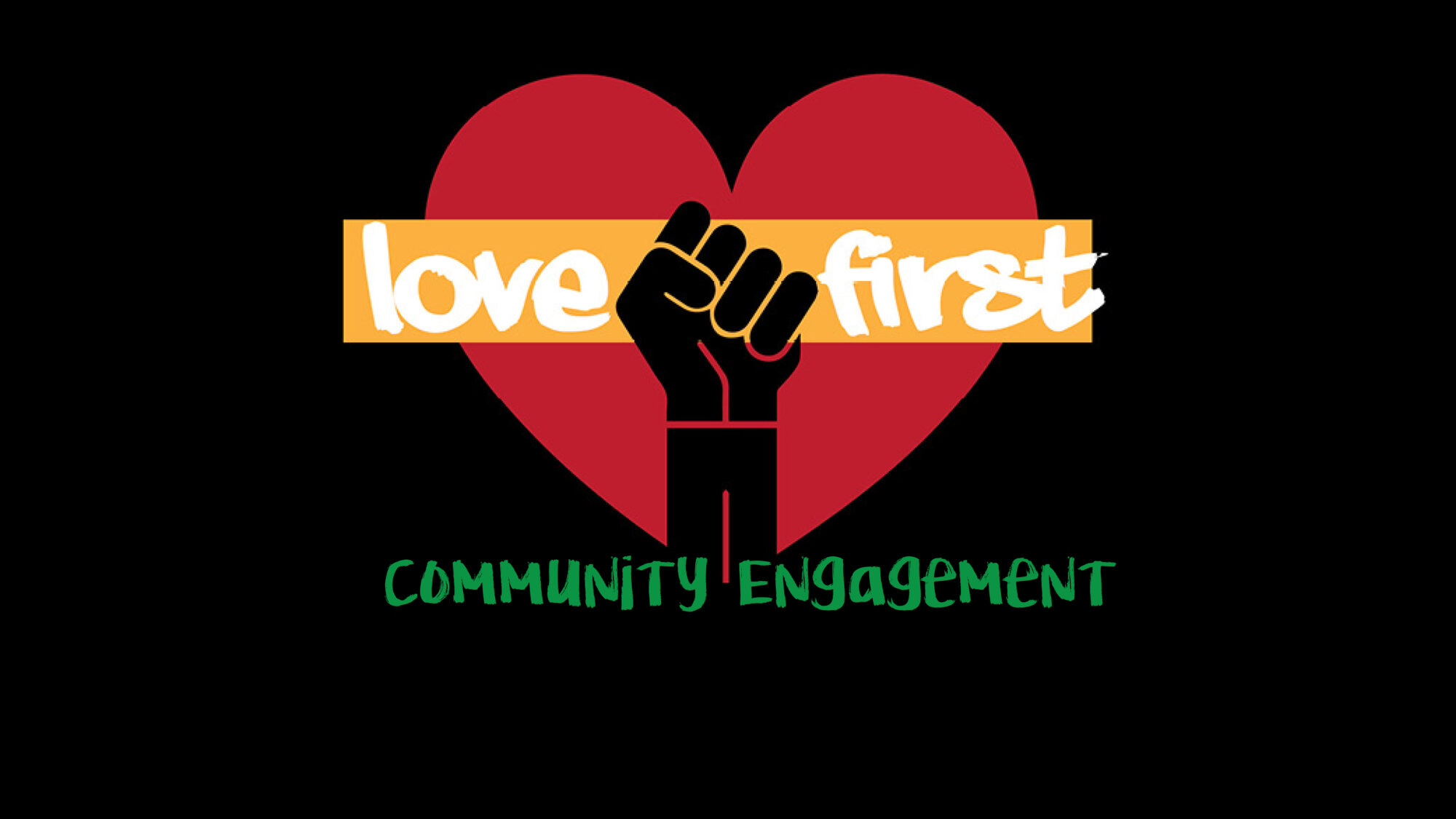As a community, we know that preventing homelessness and eliminating housing instability reduces criminalization and interrupts the school to prison pipeline. Our future depends on our youth, and the Black community needs our Black youth to thrive. Our work is a unique piece of the whole that helps youth heal and be able to take advantage of services other parts of the Black movement ecosystem can provide.
Currently, ADOS (African Descendants of Slaves) youth in St. Paul experience some of the highest levels per capita of poverty, unstable housing, and the second lowest level of graduation rates compared to youth of all other ethnicities. Because we know and have seen, over and over, how traditional non-profit programming, governmental control, common distribution methods serve to oppress rather than liberate our communities, we center African values, history, teachings, knowledge and love for our youth and their well-being in everything we do. We currently engage with ADOS youth through direct street outreach, mentoring, and financial support. We coordinate with other groups to deploy volunteers, organizers and resources in the most effective ways, based on the needs of the community.
As a community, we know that preventing homelessness reduces criminalization and interrupts the mass incarceration system and the school-to-prison pipeline. But no amount of affordable housing or shelter beds addresses the root causes of housing instability. As leaders and mentors embedded in the communities most impacted by housing instability, we know it’s not just putting together the right bureaucratic pieces to keep youth off the streets tonight, but giving them unapologetically Black spaces to be themselves, without shame or constraint, and provide guidance to identify their purpose and path for tomorrow.
Our programs tap into youths’ brilliant and resilient lineages, bridge broken connections with family members and honor the cultural principles that galvanize our young people to discover their unique course, not just to the livable wages and personal healing needed to acquire and attain stable housing, but to make contributions to our community that benefit us all.
Self identity work for the ADOS youth builds a foundation for healing and a platform to move forward into their adult lives. Our holistic approach to stabilization is a unique and necessary piece of the whole that helps youth deepen their sense of self and grow their resilience to step into other services with power and purpose. This leads to personal transformation that makes visible the structural racism our youth face at every turn and gives them the tools to navigate and disrupt those unjust systems for themselves and for others.
The current systems engaging with ADOS youth today are mainly operated by the county and other larger youth homelessness organizations mostly led by white directors, boards and staff. These structures address only “the roof above one’s head” issue and do not focus on the healing of generational trauma experienced by ADOS youth and their families.
Specifically, our programming works in the following areas:
-
- Homelessness Prevention
-
-
- Providing direct financial assistance to disrupt poverty and displacement, specifically: food security, emergency housing assistance for the household, bus passes and IDs, and clothing and shoes
- Building upon current relationships and housing situation to increase stability
- Ensuring the existence of innovative safe spaces for youth outside the home with mentors and tutors available to them
- Increasing and strengthening life, mindfulness, and crisis decision-making skills of the youth
-
-
- Pathways out of crisis to temporary or longer-term housing
-
-
- Ensuring immediate / urgent and temporary housing is available to youth in crisis and provide connections to the county
- Providing information and connections to longer-term housing opportunities
- Supporting youth to retain their own longer-term living space
- Creating a home operated by in partnership with temporary housing spaces for youth
-
-
- Trauma informed and holistic approach centering African culture and family
-
-
- Introducing and providing Restorative Justice practices
- Helping youth navigate the justice system
- Reconnecting the village
- Providing youth opportunities for nurturing, joy, and dignity
- Connecting youth and adults to their gifts
- Engaging and connecting to assistance for the family of the youth
-
-
- Development, skills training, and job attainment
-
-
- Working with youth to identify career opportunities (technology)
- Connecting youth to internships/certifications
- Helping youth navigate White spaces
- Assisting youth with ways to enter workforce
-
We do this work in deep collaboration with a variety of partners, including Cultural Wellness Center, 30,000 Feet Arts, Irreducible Grace and many others.

